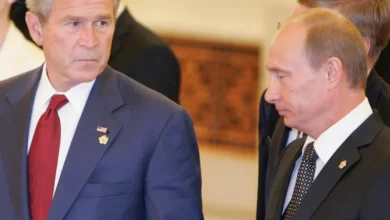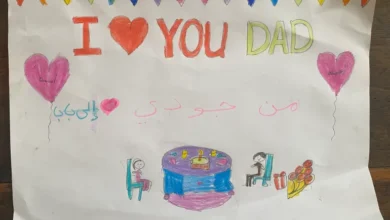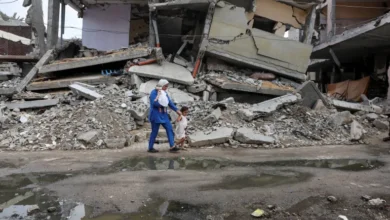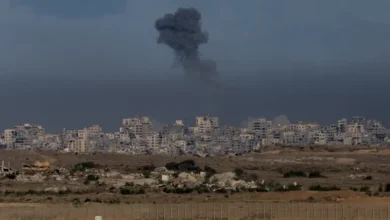The Lebanon pager attack: Israel’s terror playbook strikes again
Belén Fernández
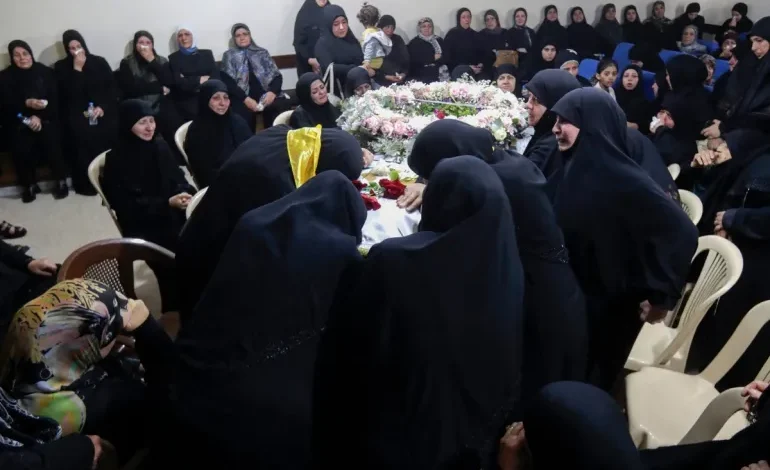
Belén Fernández
On Tuesday, hundreds of handheld pagers used by members of the Lebanese armed group Hezbollah simultaneously exploded across Lebanon, killing at least 12 people, including two children. Nearly 3,000 others were wounded, many of them critically.
No one has claimed responsibility for the operation, but it is not hard to guess who is behind it: Israel, a nation that specialises in terrorising selected Arab civilian populations under the pretence of fighting terror. Since October of last year, this same nation has busied itself carrying out genocide in the Gaza Strip, where officially more than 41,000 Palestinians have been killed but the true death toll is likely many times higher.
And while the ostensible targets of Tuesday’s attack were pager-wielding Hezbollah members, it was carried out with the full knowledge that the fallout would be indiscriminate and that massive civilian casualties would ensue. But that is the whole point of terrorism, is it not?
Hezbollah, it bears underscoring, owes its entire existence to the terroristic 1982 Israeli invasion of Lebanon that slaughtered tens of thousands of Lebanese and Palestinians. Israel’s torture-happy occupation of southern Lebanon persisted until May 2000, when the Israeli military was ignominiously forced to withdraw its forces by the Hezbollah-led Lebanese resistance.
In 2006, Israel returned to Lebanon in a 34-day assault on the country that decimated Lebanese infrastructure and killed an estimated 1,200 people, the majority of them civilians. After all, a nation that thrives on perpetual war cannot afford to let too much time elapse in between blowing things up.
Of course, Israel perpetually claims to be acting in self-defence – and wantonly detonating pagers across Lebanon has apparently now been added to the “defensive” repertoire. But a glance at history reveals that, as in Palestine, Israeli machinations in Lebanon have traditionally been driven by distinctly predatory motives.
Fast forward nearly seven decades from that 1955 diary entry, and provocation – pardon, “retaliation” – is still the name of Israel’s game.
Since the onset of all-out genocide in Gaza in October, almost 600 people have been killed in Lebanon in a sort of side war being waged by Israel, which also undertook to assassinate Hezbollah commander Fuad Shukr in Beirut in July – an attack that killed three civilians, including two children, and wounded 74 others.
But the mass bloodshed occasioned by exploding pagers takes provocation to a new level. Lebanese hospitals are overwhelmed, and Lebanon’s health ministry is scrambling to collect blood donations for the wounded. Meanwhile the United States is, as ever, standing by to ensure that the situation remains as flammable as possible.
Speaking to the press on Tuesday following the pager attack, US State Department spokesman Matthew Miller fielded a question from a journalist regarding “reports that Israel will declare soon that the northern front [with Lebanon] is the main front in this war” and the capacity of the US to keep the conflict from “exploding into a regional war”.
According to Miller’s eloquently coherent response, the US would “continue to push for a diplomatic resolution” while talking to its “partners in the region about the need to do – to avoid any type of steps that would avoid escalation of the conflict”. Ultimately, however, he stressed that “this is a question for parties in the region and what kind of world and what kind – they want to live in and what kind of future that they want to have”.
And yet it’s rather difficult to push for a diplomatic resolution to anything while you are simultaneously funneling billions of dollars and all manner of weaponry to a regional partner who happens to be perpetrating genocide.
Rest assured that however Hezbollah responds to Israel’s latest provocation, the Israeli military will have yet another bloody “retaliation” on hand. And this, to be frank, is not the kind of world anyone should want to live in.
